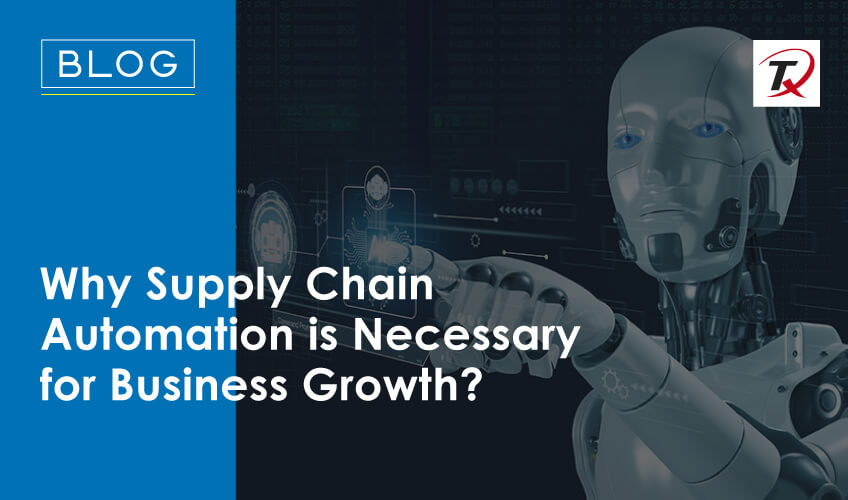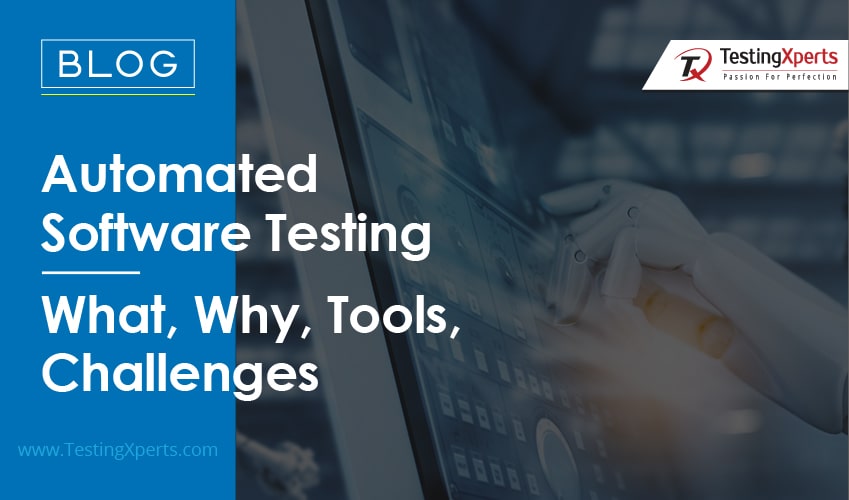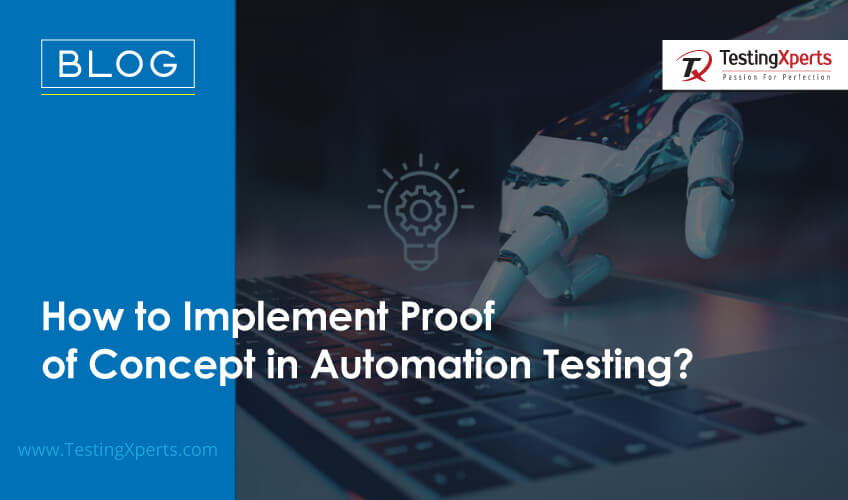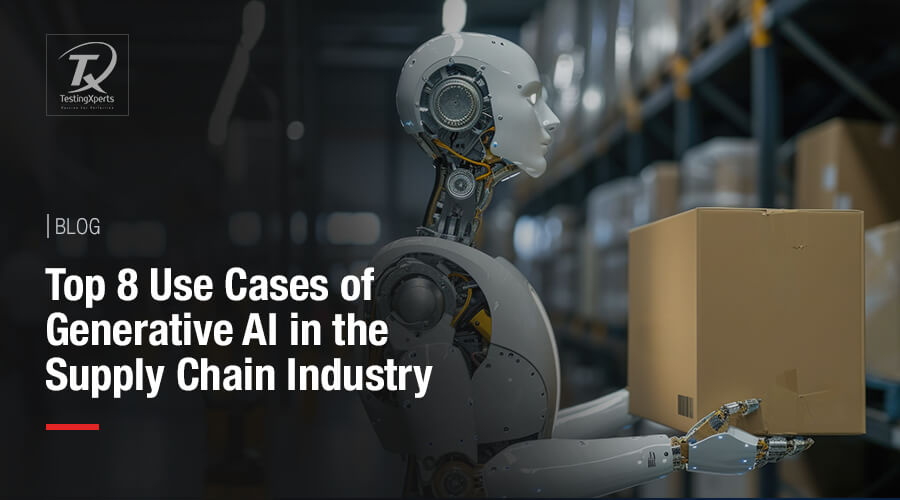
- Role of AI in Supply Chain
- 10 Use Cases of Generative AI in Supply Chain
- Opportunities and Challenges with GenAI Integration
- How can Tx help with Supply Chain Optimization?
- Summary
Among all industries, supply chain management might have been the slowest to adopt artificial intelligence. But in recent years, the fragility of global supply chains has caught the public eye, and it has become a necessity for the supply chain industry to dive into the sea of AI. In every country, large logistics networks are vital for manufacturers. However, they face severe challenges due to various factors, such as transportation delays, increasing network complexities, and labor stoppages.
Business leaders steadily integrate cutting-edge technology like AI into supply chain management to untangle these problematic knots. They aim to gain a competitive advantage in their industry and upscale their CX delivery level. Within the AI domain, one solution could help them upscale their key supply chain processes: “Generative AI (GenAI).”
GenAI is trending these days and gaining popularity across various business areas, such as sales, marketing, and development. It analyzes previous data to help businesses improve supply chain resiliency and operational efficiency.
Role of AI in Supply Chain
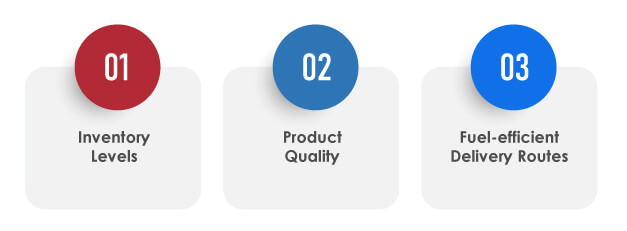
There are various activities that businesses manage and optimize in the supply chain with the help of AI, such as:
•Inventory Levels
•Product Quality
•Fuel-efficient Delivery Routes
AI applications include simulating human intelligence, performing complex tasks, managing security, etc. Its subfield machine learning (ML) analyzes and learns by consuming huge data sets, enabling AI systems to outrun traditional software functionalities. This allows businesses to perform the following tasks:
• Decrypting information from videos.
• Analyzing and interpreting text and speech.
• Predicting future market trends and customer behavior.
• Assisting in decision-making in complex situations.
• Structuring insights from large data sets.
This makes it necessary for businesses to utilize tech-centered solutions like AI to manage and optimize their workflows across the supply chain. For instance, ML algorithms can optimize supply chain systems by discovering patterns and connections between datasets that go unnoticed by humans or traditional systems. This helps businesses to accurately predict customer demands, leading to efficient and cost-effective inventory management. AI in supply chain management can analyze weather and traffic conditions to suggest faster shipping routes, reducing the risk of delays and thus improving the delivery period. It also monitors workspaces to identify poor quality controls and safety violations.
GenAI, a specific subset of AI, is trained using large datasets. When a user inputs new data, the generative AI app uses new and previous data to generate new content. Businesses can train GenAI models using supply chain data, including logistics, inventory details, and demand. GenAI can analyze organizational data to improve supply chain resilience and management.
8 Use Cases of Generative AI in Supply Chain

Before learning about GenAI uses in the supply chain, businesses must ensure that this technology aligns with their objectives and delivers benefits accordingly. Now, let’s take a quick look at some use cases of generative AI in supply chain management:
Inventory Management
GenAI models can assist in optimizing inventory management. Businesses can train these models using data about stock levels, warehouse capacity, and manufacturing date/time. It will use this information to optimize inventory processes, including recommendations about restocking or reducing stock. This would allow businesses to save expenses on excess storage.
Logistics
Logistics disruptions are a common problem businesses face in supply chain management. Traffic accidents, bad weather conditions, and labor shortages are some of the events making it difficult to maintain shipping schedules. Training GenAI models using past weather patterns, traffic maps, fuel prices, and labor stats can help businesses identify optimal travel routes. It would also suggest alternate routes if there’s an upcoming disruption. This will allow businesses to keep shipments on schedule and improve CX and service.
Analytics
GenAI can run simulations and multiple scenarios to assess risks and draft a report. It can also assist in analyzing and pinpointing the key problematic areas in supply chain processes and recommending the appropriate measures to resolve them.
Demand Forecasting
Supply chain operations are unpredictable. They depend on consumer buying behavior, demand for the product or service, and market prices. Enterprises can train their GenAI models on past sales data, customer behavior, market trends, and other elements to predict future supply-and-demand scenarios and optimize their demand forecasting accuracy. This would allow them to mitigate supply chain disruption and prevent stocking issues.
Operations
Implementing new technologies and fluctuating user demands can cause operational challenges. GenAI can assist businesses in tackling those challenges and improving supply chain operational efficiency. It can assess performance and manufacturing speed, find areas for improvement, and suggest ways to optimize them.
Fraud Detection
One of the primary benefits of GenAI models is that they can be trained and fine-tuned to predict the possibilities of fraud occurrences. GenAI can identify complex patterns by analyzing financial data and can aid in detecting fraudulent activities. Businesses can use GANs (generative adversarial networks) to create fraudulent transactions using generator networks and a discriminator to identify them. This whole system helps improve fraud detection capabilities and will aid in strengthening security protocols in supply chain management.
Supplier Relationship Management
GenAI can assist in identifying reliable partners by analyzing markets and suppliers. It helps establish stronger relationships with suppliers, ensuring a high-quality and consistent supply of services/products. It would help businesses negotiate better, secure favorable contracts, and access competitive pricing. This can reduce procurement costs and optimize supply chain efficiency.
Personalization and Customization
Industries like electronics and fashion require high customization. GenAI can help create personalized and customized products according to user preferences while adhering to production and supply constraints.
Opportunities and Challenges with GenAI Implementation

• GenAI offers countless applications to optimize supply chain operations, which include.
• Customer services automation.
• Document creation synthesis and automation.
• Demand forecasting.
• Predictive maintenance.
It can identify patterns from existing data and insights to help businesses manage their supply chain operations. Despite its potential benefits and opportunities, there are some challenges in supply chain management, including data privacy, security, and access controls for AI tools within the business IT ecosystem. These challenges urge enterprises to develop GenAI solutions in-house or by partnering with vendors, and they miss opportunities and toolkits offered by open models.
The supply chain industry is now partially ready to adapt and integrate GenAI into its operations. However, it will gain momentum later with sufficient support and quality leadership. According to Gartner, 80% of the global supply chain market is still not incorporated into digital business models. This gap will continue to affect supply chain performance goals until sufficient tech investments are synced with decision models.
AI and ML are among the top 10 trends in supply chain management. However, the delay in adopting GenAI could be due to the complexities of supply chains and the need for business-specific model training.
How can Tx help with Supply Chain Optimization?

Caution is a primary factor when dealing with tech, especially AI-based. GenAI models are still evolving, so one must have sufficient measures to tackle AI-related concerns. Incorrect data, imperfect outputs, and AI hallucinations are current concerns that can prevent the effective use of AI in the supply chain. Tx is a leading digital engineering and quality assurance provider offering comprehensive GenAI testing services. We can assist you in tacking generative AI in supply chain implementation challenges by offering the following:
• Dedicated AI testing team possessing in-depth knowledge of GenAI algorithms and their applications in the supply chain.
• A comprehensive testing approach tailored to generative AI models to validate their accuracy and reliability.
• Implementing cutting-edge testing tools and frameworks, including our in-house AI-based accelerators (Tx-Automate and Tx-SmarTest) to enhance the effectiveness of generative AI testing.
• Adherence to data privacy and compliance with supply chain industry regulations to securely handle information during testing.
Summary
The supply chain industry, traditionally slow to adopt AI, now increasingly integrates Generative AI to enhance operations. Generative AI in the supply chain industry aids in inventory management, logistics, analytics, demand forecasting, operations, fraud detection, supplier relationship management, and product personalization. It offers benefits like cost reduction, improved efficiency, and better customer experiences. However, challenges like data privacy, security, and the need for business-specific training hinder adoption. Despite these obstacles, the potential for digital transformation in supply chain management is significant. Tx, a digital engineering and QA service provider, offers GenAI testing services to address these challenges and ensure accurate, reliable implementations. To know how Tx can help, contact our experts now.
Discover more
Get in Touch
Stay Updated
Subscribe for more info


